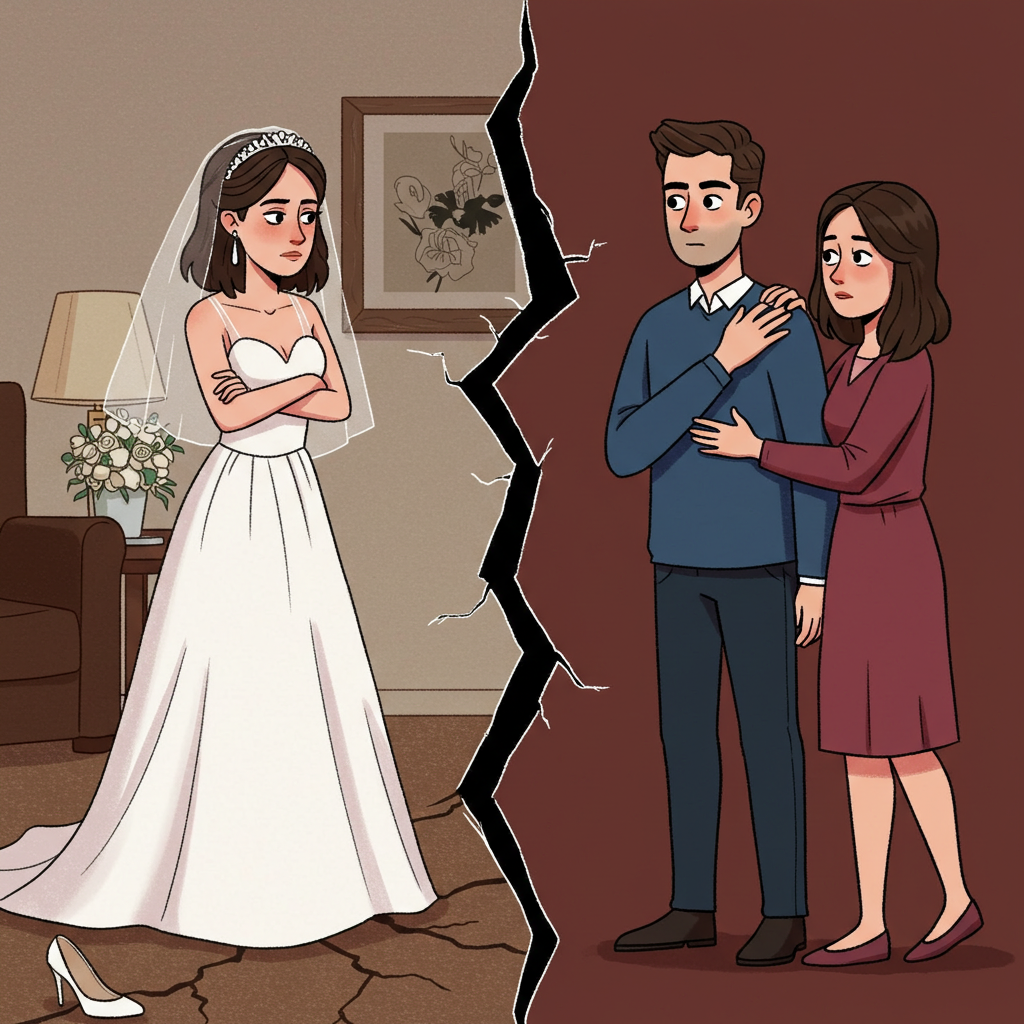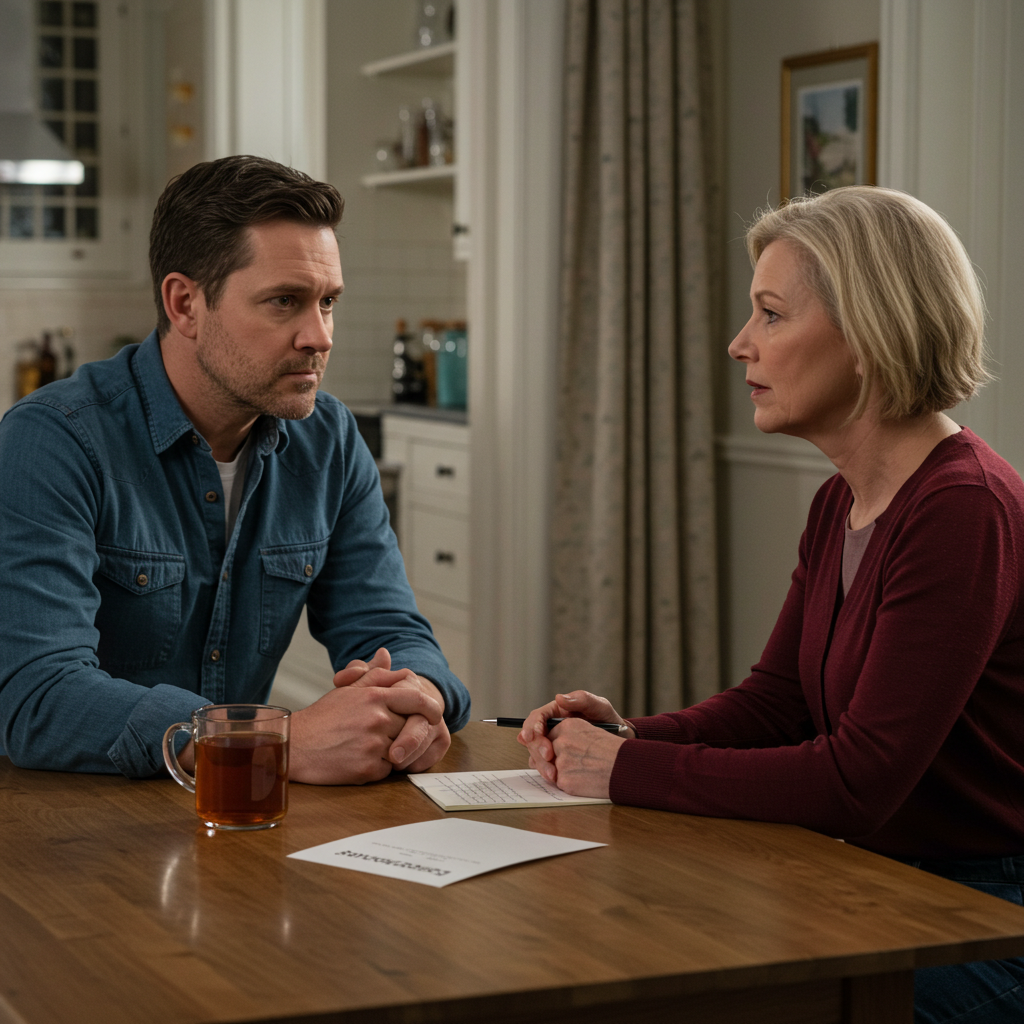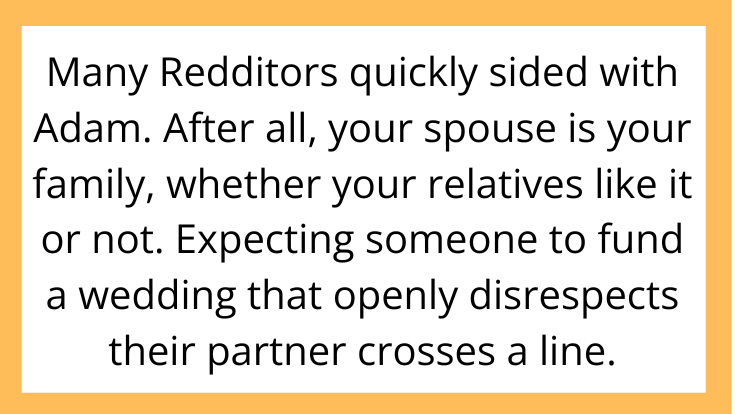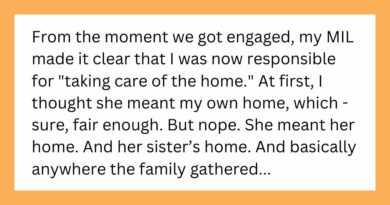AITAH for Refusing to Pay for My Sister’s Wedding When She Didn’t Invite My Wife?
When it comes to family celebrations, weddings can bring out the best—and the worst—in people. In today’s AITAH scenario, we explore a situation that’s left an entire family divided: Should you financially support a wedding that excludes your spouse?
Let’s dive into this complicated tale of loyalty, money, and respect.
The Story: An Invitation With a Catch

A 35-year-old man—let’s call him Adam—shared his dilemma on r/AITAH. Adam’s younger sister, Emily, was getting married after a whirlwind engagement. Their parents were contributing to the wedding, and Emily asked Adam if he’d help cover some of the costs, including the venue deposit and catering.
Adam had no problem supporting her—until he received the invitation. His wife of seven years, Rachel, wasn’t invited.
The reason? Emily never liked Rachel and felt she would “bring down the mood” on her big day.
Adam was stunned. He thought at first it was a mistake, but Emily confirmed it was intentional. She wanted Adam there, but not his wife.
When he told Emily he wouldn’t be paying a cent if his spouse wasn’t welcome, she accused him of being petty and selfish.
So, Adam asked Reddit: AITAH for refusing to pay for my sister’s wedding when she excluded my wife?
The Arguments: Family Ties vs. Personal Boundaries

Team Adam: Loyalty to Your Spouse
Many Redditors quickly sided with Adam. After all, your spouse is your family, whether your relatives like it or not. Expecting someone to fund a wedding that openly disrespects their partner crosses a line.
“If someone disrespects your marriage, you don’t have to bankroll their party,” one commenter wrote. “You’re absolutely not the villain.”
Others pointed out the hypocrisy of Emily wanting his financial support while refusing to show basic courtesy.
“Don’t bite the hand that feeds you,” another user said. “If she doesn’t want your wife there, she doesn’t get your money.”
Team Emily: It’s Her Special Day
A handful of commenters sympathized with Emily. From her perspective, her wedding was supposed to be the happiest day of her life, and she didn’t want anyone she felt might create drama.
“Her wedding, her guest list,” someone commented. “If she’s worried about bad blood, she has the right to make that call.”
But even among those who agreed, many still felt she shouldn’t expect financial help under those circumstances.
The Bigger Issue: What Does Support Really Mean?

Financial Support Isn’t Unconditional
This situation highlights a question many people face: Where do you draw the line between supporting family and standing up for your partner?
Adam’s refusal wasn’t about punishing Emily—it was about making it clear he wouldn’t endorse her treatment of Rachel. Financial support isn’t something people are automatically entitled to, especially when they’re disrespecting your marriage.
Navigating Family Drama Without Losing Yourself

Communicate Clearly and Calmly
If you ever find yourself in a similar situation, it helps to:
-
State your feelings firmly but respectfully.
-
Make it clear why you feel disrespected.
-
Set a boundary without escalating the conflict.
Adam told Emily he loved her but couldn’t support an event that excluded his wife. That boundary is reasonable and clear.
What Reddit Decided

By the end of the thread, the overwhelming consensus was that Adam was not the villain. Most commenters felt it would be unfair for him to pay for a celebration that actively excluded the most important person in his life.
One top comment summed it up best:
“You marry someone, they become your family. If your sister doesn’t respect your family, she shouldn’t expect your money.”
The Takeaway

Family obligations can be complicated, but respect has to go both ways. Supporting someone doesn’t mean sacrificing your principles or tolerating disrespect toward your spouse.
If you’re ever in doubt, ask yourself: Would I feel comfortable looking my partner in the eye and explaining why I helped someone who hurt them? If the answer is no, it might be time to draw a line.



